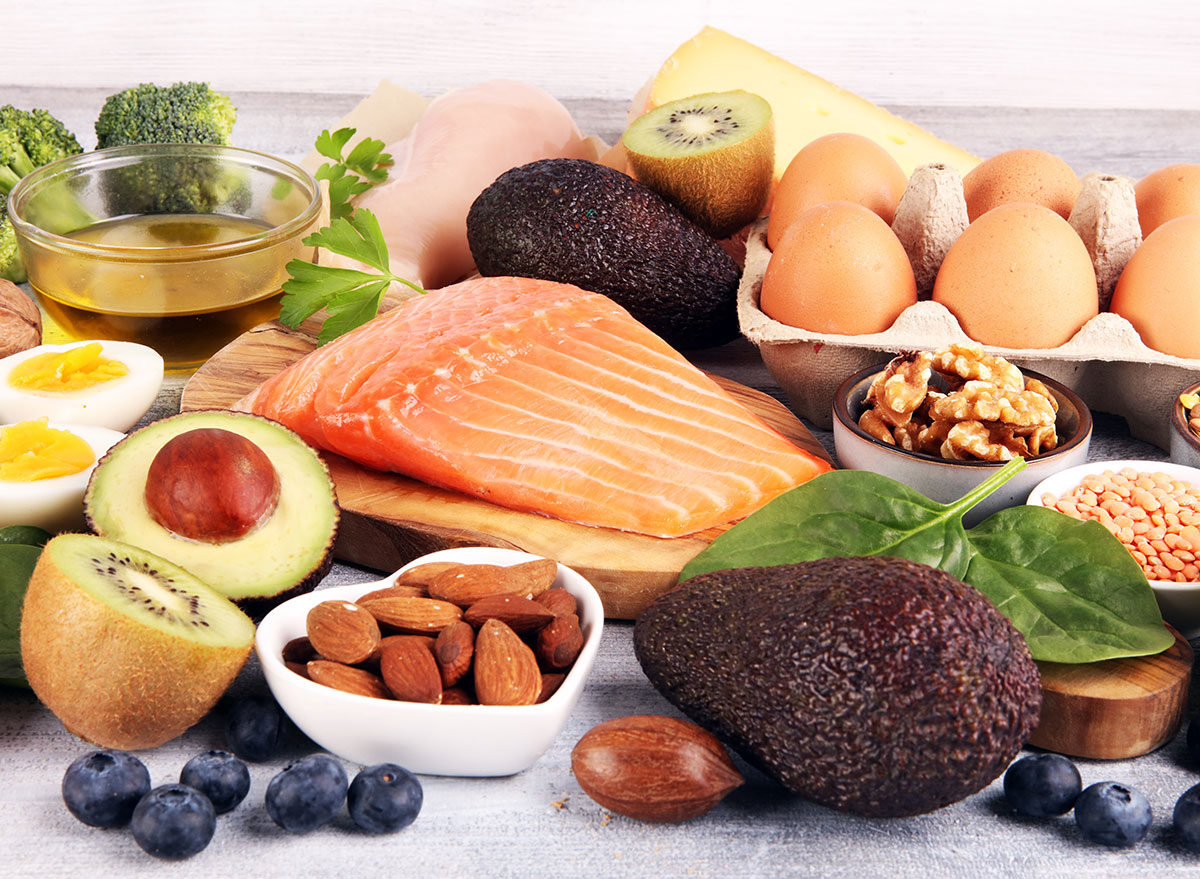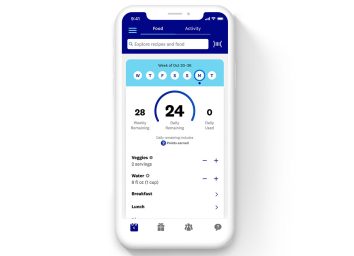Why You’re Still Gaining Weight When You’re Counting Calories, Says Expert

Have you ever committed to counting calories in order to lose weight, only to grow frustrated and give up after a lack of results? If this has happened to you, you’re not alone.
Counting calories leaves many people disheartened and confused, and when people do lose weight with this method, it’s common for the pounds to creep back after the counting is done. And yet, this method of weight loss is still very popular.
In order to get to the bottom of this mystery, we spoke with Cambridge geneticist and obesity researcher Dr. Giles Yeo, author of Why Calories Don’t Count: How We Got The Science of Weight Loss Wrong, about the science behind calories and why counting them doesn’t always work for sustainable weight loss.
According to Dr. Yeo, the number one thing that people get wrong is the assumption that as long as we are counting how many calories we consume, it doesn’t matter where they come from. This assumption, however, is not true.
Not all calories are created equal
Many people believe they have to count calories in order to effectively lose weight, but experts are saying that it’s much more complex than just the number.
In fact, according to Harvard Health Publishing, there are three main factors when it comes to how your body processes the calories you eat: your metabolism, your gut microbiome health, and the type of calories you’re consuming.
This is exactly why Dr. Yeo believes that not all calories are created equal.
“We don’t actually eat calories, rather, we eat food from which our body then extracts the calories,” says Yeo, “and your body has to work more or less to extract calories depending on the type of food you eat.”
Dr. Yeo says this is called “caloric availability” and is why it makes a difference whether your calories come from steak, carrots, or a donut.

Caloric availability is the actual amount of calories that your body can extract from the food you eat, compared to the total calories a food holds. So proteins, fat, and carbohydrates are all digested using different amounts of energy and therefore require different lengths of time.
“For every 100 calories of protein we eat, we are only able to use 70 calories because it takes 30 calories of energy to process 100 calories of protein, which means protein is 70% available,” says Yeo, “and this is one of the reasons why a calorie of protein makes you feel fuller than a calorie of fat or carbohydrate.”
To compare, fat has a caloric availability close to 100%, complex carbohydrates (like whole grains) have about 90%, and a refined carb (like white bread) has 97%. This means your body is using very small percentages of energy to process fats and carbs compared to protein.
This is all related to the thermic effect of food (TEF) that your body experiences when digesting and metabolizing different macronutrients. The TEF for protein is much higher compared to carbohydrates or fats, causing your metabolism to work harder as you digest it. This is why many medical experts recommend adding good sources of protein to one’s diet for weight loss.
How to lose weight without counting calories
Because not all calories are created equal, Dr. Yeo suggests leaving the calorie counting behind and instead focusing on improving the quality of your diet. He recommends increasing the amount of protein you consume from both animal and plant-based sources, increasing your fiber intake, and trying to keep added sugars to less than 5% of your total daily intake.
If counting calories hasn’t worked for you, the good news is that there are plenty of healthier, more sustainable ways to lose weight. For some who still like tracking their food, an alternative method like counting macros may work, but you should talk with a doctor or dietitian before starting any new dietary plan.
For more weight loss tips, read these next:








